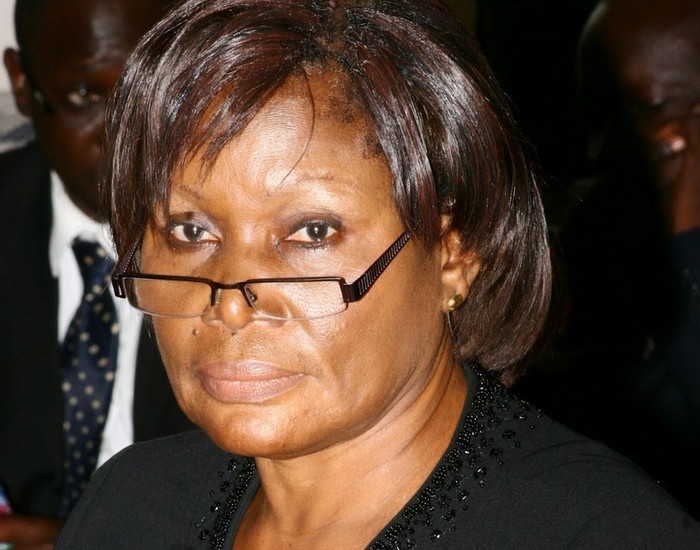A Judge of the Supreme Court is asking the National Media Commission to pile pressure on government and parliament to pass the Broadcasting Law and the Right to Information Bill (RTI) into law.
Justice Vida Akoto-Bamfo says the passage of the RTI would not only be in the interest of only media practitioners but the entire citizenry. It is also " so important and fundamental to the democratic governance.â€
She was speaking after swearing in two members of the National Media Commission in Accra.
The passage of the RTI has stalled in parliament for the past 15 years, with successive governments failing to live up to their promise to pass it into law. The last attempt was in the dying moments of the last parliament when the outgoing Majority side attempted to make it law before their term expired. This was vehemently opposed by then-Minority side, which was to become the majority in the next parliament.
Various promises by the President and the Minister of Information, Mustapha Hamid that action will be expedited on the bill has as in the past not materialized, even as the media and other persons seeking information from public agencies needlessly struggle to do so.
Justice Vida Akoto-Bamfo believes the National Media Commission (NMC) must step up the efforts with the support of the media to put the steady pressure on the politicians to pass the bill.
The two NMC board member sworn in are Kwame Anyimadu-Antwi, Member of Parliament for Asante Akyem Central and Edward Elorm Desewu, a member of the Private Newspaper Publishers Association of Ghana (PRINPAG). This brings the number of NMC to 18.
The Supreme Court Justice asked them to be proactive in resolving the complainants of ethical breaches and professional misconduct by the media reported to the commission.
She advised them to familiarise themselves with the changing landscape of new media and the current digital age which has expanded the frontiers of the mass communication to unimaginable lengths.
“Whilst this development is most welcome, it comes with the great danger of anonymity and hence the opportunity for individuals to indulge in unsavoury and often detestable past time,†she said.
According to her, the challenges that western countries were contending within the propagation of incendiary communication of a religious, nature, revenge pornography, vile religious indoctrination and sophisticated crime across borders were not far away from Ghana.
Justice Akoto-Bamfo, therefore, admonished the NMC to be interested in those relatively new areas of mass communication and find ways to curb dangers they pose to cohesion in society.
     Â





